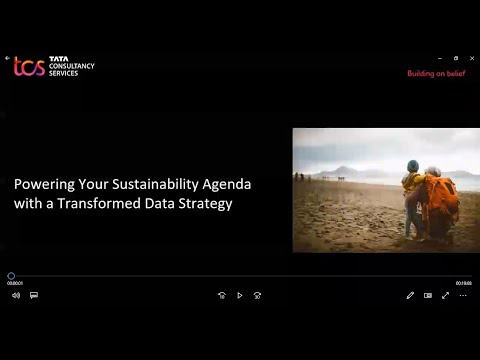How AI & Digital Twins are Shaping Sustainable Business
-
Published Time: 2025-09-26T08:45:00Z
Article
Technology
How AI & Digital Twins are Shaping Sustainable Business
September 26, 2025
6 mins
Share

TCS' Digital Twindex, explores how digital twin technology, combined with AI advancements, is transforming industries
TCS’ Digital Twindex shows how AI and digital twins help businesses move towards regenerative operations, balancing sustainability with performance
Company portals
Coca-Cola
Tata Consultancy Services
Tags
AIdigital twinsdigital transformationsustainabilitytechnology
AI’s sustainability credentials often come under intense scrutiny.
It is a strange paradox. AI technologies are viewed as powerful tools for accelerating climate and environmental goals, but they are also significant contributors to global emissions, with their consumption of electricity and water expected to grow exponentially in the short to medium term.
According to The 2025 TCS Digital Twindex Report, today’s technology landscape enables enterprises to balance profitability with purpose, with digital twins, AI, IoT and Green IT transforming sustainability from a compliance burden into a key driver of competitiveness and systemic regeneration.
The TCS Digital Twindex is a strategic research and thought leadership series that explores how AI advancements, interwoven with digital twin technology, are transforming industries and society.
Hemakiran Gupta, Head of Global Sustainability Services at TCS
Since its inaugural 2023 edition, it has emphasised digital twins as dynamic, real-time virtual replicas of physical systems that enable anticipatory, adaptive and intelligent operations.
With the accelerating arrival of generative AI and quantum computing, the Digital Twindex analyses the state of digital twin adoption and forecasts how their deeper integration with AI will reshape business ecosystems by 2035.
TCS executives, partners and futurists share insights and provide a comprehensive view of this technology-driven transformation.
Haley Price, Head of Sustainability at TCS North America
AI and sustainability interplay
TCS’ report showcases that sustainability is evolving beyond risk mitigation to a broader, regenerative business model focused on restoring ecosystems in harmony with economic growth.
“The beauty of accepting climate risk as business risk means companies will take more steps to reduce the risk,” says Hemakiran Gupta, Head of Global Sustainability Services at TCS.
Organisations deploying AI-powered digital twins gain the ability to simulate ripple effects across complex value chains and geographies, enabling them to anticipate and mitigate supply chain disruptions while optimising resource consumption.
The result is a shift from linear, reactive business models toward circular, regenerative frameworks that regenerate resources and create new sources of value while maintaining operational efficiency.
Ravi Prasad Nimmalapudi, Senior Director of Sustainability at The Coca-Cola Company
Haley Price, Head of Sustainability at TCS North America, adds: “Businesses are looking to move from linear to circular, to become regenerative for the future... A lot of times, these regenerative capabilities are self-funding, which leads to the C-suite viewing sustainability efforts in a different way.”
Ravi Prasad Nimmalapudi, Senior Director of Sustainability at The Coca-Cola Company, says in the report: “We believe true leadership is measured by the impact we create.
“By making sustainability part of every decision, we can drive progress today while safeguarding the world for tomorrow.”
Jayasree Kottapalli, TCS’ Head of Sustainable Solutions – Communications, Media and Information Services
Integrating emerging technologies
TCS’ findings emphasise that emerging technologies create powerful ecosystems by integrating sensors, AI, digital twins and cloud platforms to measure and optimise environmental footprints in real time.
Hemakiran says: “If we can bring the technologies that are available today and stitch them together with digital twins, AI and sensors... organisations will build purpose-led, resilient businesses.”
This synergy underpins a new generation of adaptive operational platforms that dynamically adjust to changing environmental, economic and social parameters.
Enterprises operationalise vast datasets from disparate sources, such as energy meters, supply networks and product usage patterns, feeding AI models that forecast risks and suggest actions to improve efficiency and reduce emissions.
Zeeshan Rashid, TCS Global Head Advisory for Sustainability
Jayasree Kottapalli, TCS’s Head of Sustainable Solutions, notes that companies advance through maturity curves by progressively reducing consumption and increasing resilience.
She adds: “Technology and business leaders are realising that for their businesses to be sustainable, their supply chain must be sustainable.
“They must have sustainable energy consumption and sustainable operations. They must realise that sustainability is not just a climate change phrase.”
Zeeshan Rashid, TCS Global Head Advisory for Sustainability, explains: “Digital twins are a powerful tool for sustainability, acting as a predictive brain that uses real-time sensor data to optimise operations.
“This synergy between digital twins and AI allows businesses to model and implement eco-friendly solutions, paving the way for a more sustainable future.”
Alison Wise, Founder of Wise Strategies
Alison Wise, Founder of Wise Strategies, shares her perspective on the practical impact.
She says: “Every step a business takes to optimise how energy is sourced and used makes the whole system more resilient and sustainable: you’re going to save money, but you’re also helping create the energy infrastructure of the future.”
Eric Weitzman, SVP at FactSet
Navigating AI's challenges and opportunities
AI is able to accelerate sustainability efforts by synthesising massive data points across businesses and supply chains, offering insights impossible to achieve manually.
Eric Weitzman, SVP at FactSet, shares: “The use of AI to gather data quickly and get a summary of companies and their suppliers, distributors and customers, to quickly get a sense of the entire ecosystem, would have been difficult years ago.”
However, AI’s energy demands also pose significant challenges calling for careful management.
The computational intensity of training models and running large-scale simulations can result in increased energy consumption and emissions.
Amanda Gardiner, Executive Director at UN Global Compact Network USA
“It seems clear that every successful business will be using AI in the future,” she says. “This means that every business must have a specific approach in place to ensure that their AI efforts are responsible, ethical and ultimately help to make the world a better place."
In light of this trend, organisations are increasingly deploying Responsible AI frameworks to balance the promise of AI with its environmental and social footprint.
Speaking in the report, Amanda Gardiner of the UN Global Compact, says: “What excites me about Gen AI is turning data into action.
“AI lets you go beyond reporting to truly equip teams with the ability to use data strategically, magnifying the impact their choices can have on sustainability practices.”
J. Carl Ganter, Managing Director at Circle of Blue and World Economic Forum’s Global Future Council
We are quickly moving from an era of ambiguous risks to a cascade of profound realities. It’s our generational opportunity to think and act systemically – especially at the fundamental nexus of water, food and energy – and combine AI, digital twins and human creativity to urgently model, test and choose the future we want.
J. Carl Ganter, Managing Director at Circle of Blue and World Economic Forum’s Global Future Council
This approach ensures that AI acts not only as a tool for operational gains but also as a catalyst for ethical, transparent, and equitable sustainability advancement.
Company Portals
Coca-Cola
Tata Consultancy Services
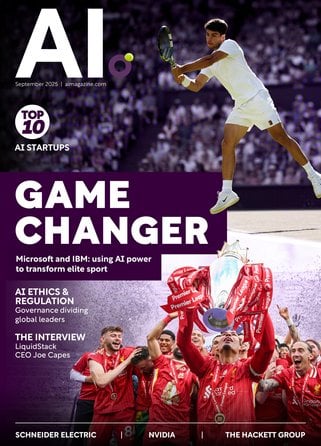
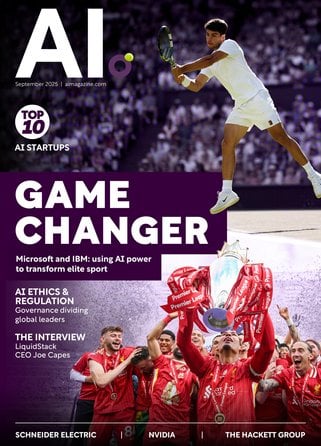
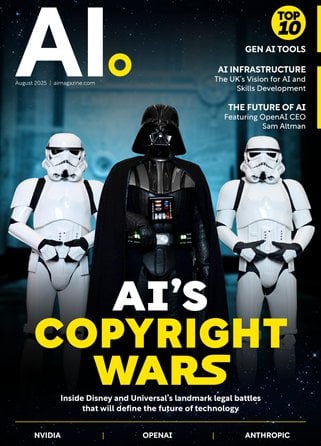
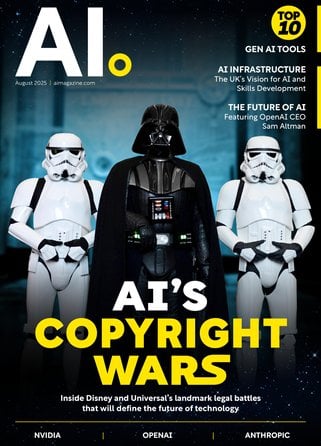
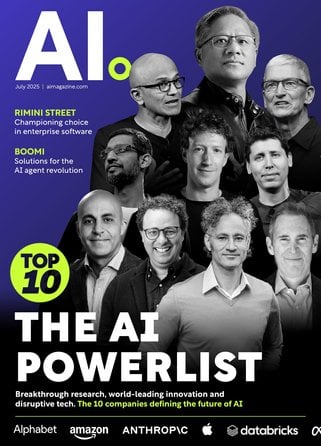
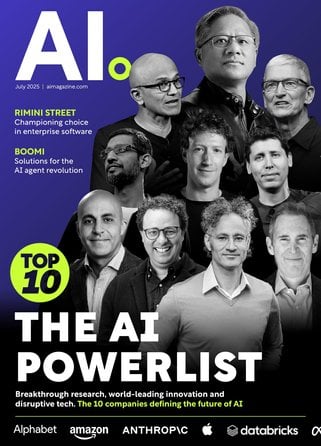
Related Content



